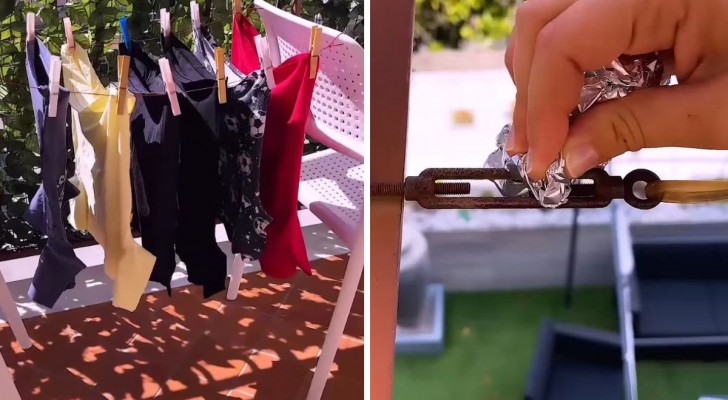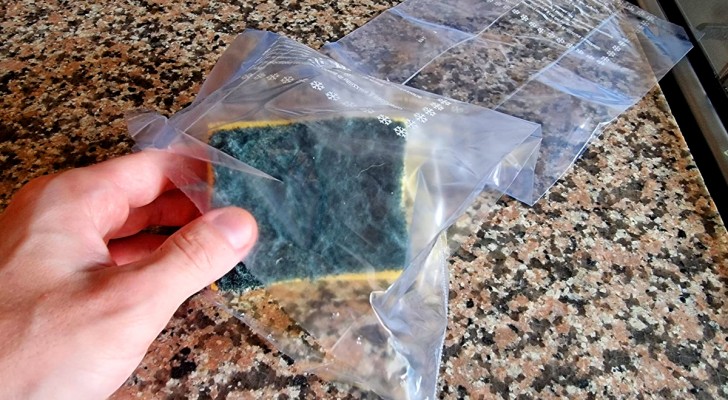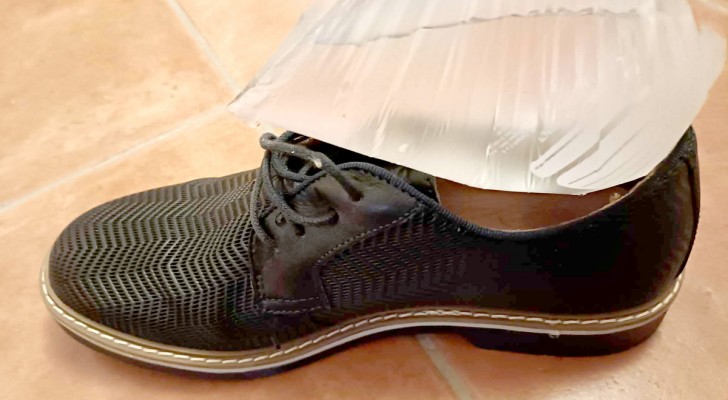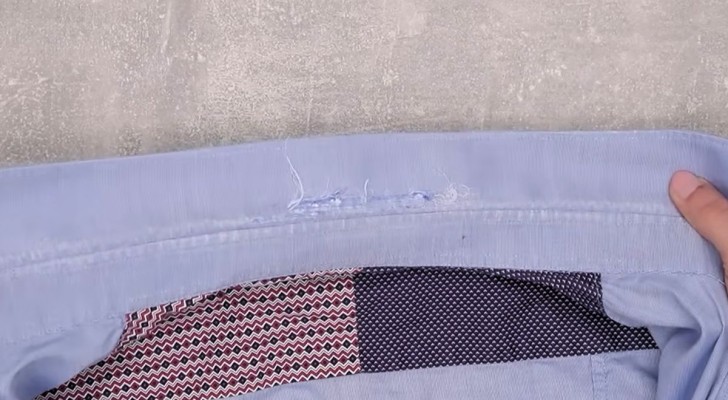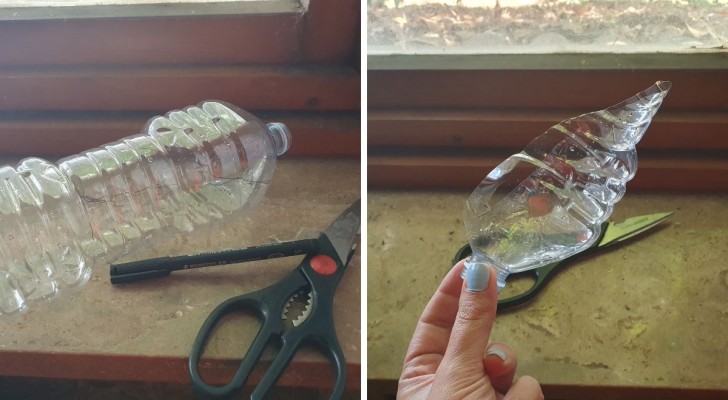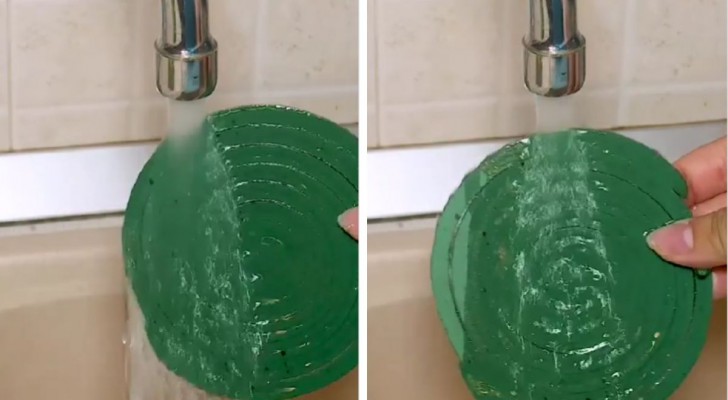Dust faster and less often: try this DIY solution
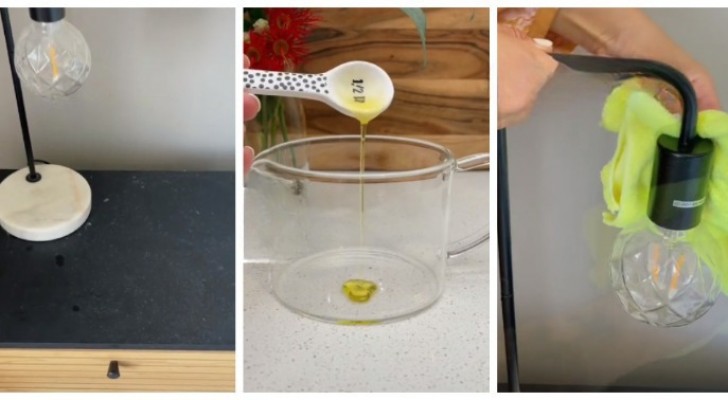
It's hard to imagine someone who, after all the activities of the week, can't wait to spend some more time doing household chores, like dusting all the surfaces in the house, for example. It is tedious work, which cannot be done in a hasty or superficial way (unless you want to take the risk of breaking something or doing a half-baked job that does not help at all). And if there is someone in the house who suffers from dust allergies, the job must be done properly.
We can do a proper job by choosing tools and methods that allow us to obtain the best results in the shortest possible time. And one of these can be a DIY "dust-eating" product, which leaves surfaces very clean with just one pass.
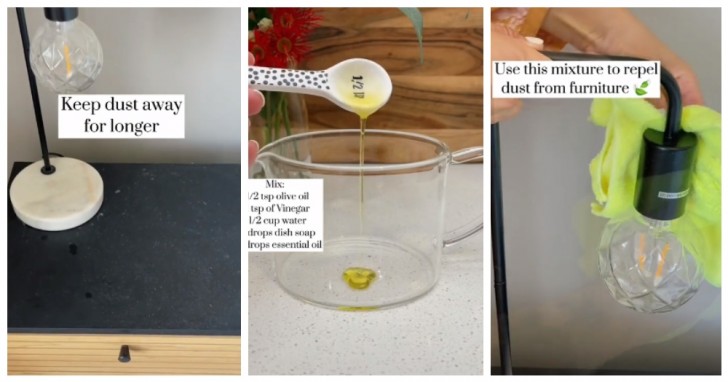
It is true that there are vacuum cleaners capable of cleaning up dust thoroughly, but even these, at times, cannot reach some nooks and crannies.
In these cases, good old elbow grease comes in handy ... but so does a drop of vegetable oil! In fact, you can prepare a DIY spray-on cleaner with simple cooking ingredients, such as olive oil (but also other vegetable oils). One of these tips, for example, is shown by TikTokker @carolina.mccauley.
Preparation
Mix the following ingredients in a bowl:
- half a teaspoon of olive oil
- 1 teaspoon of white vinegar (alcohol, wine, apples or another vinegar variety is fine)
- 130 ml of water (if it is hard water at home, use distilled water instead)
- 2 drops of dish washing soap
- 10 drops of an essential oil you like
Prepare the mixture in a small bowl. Or, if you prefer a spray bottle, shake well and spray directly on the soft microfibre cloth with which you will then dust the home. The cloth should not be saturated too much, but only slightly damp. Then, with each pass, all the dust will be removed, leaving the surfaces clean and shiny.
It is a type of remedy that you can customize, depending on the scent you want to have at home. Furthermore, the use of vinegar is so minimal and diluted that it is not particularly aggressive on various surfaces, such as wood. But in any case, always pay attention to how various materials react, possibly eliminating the vinegar from the mixture to treat those that could be damaged over time.
What's your favorite dusting method?
